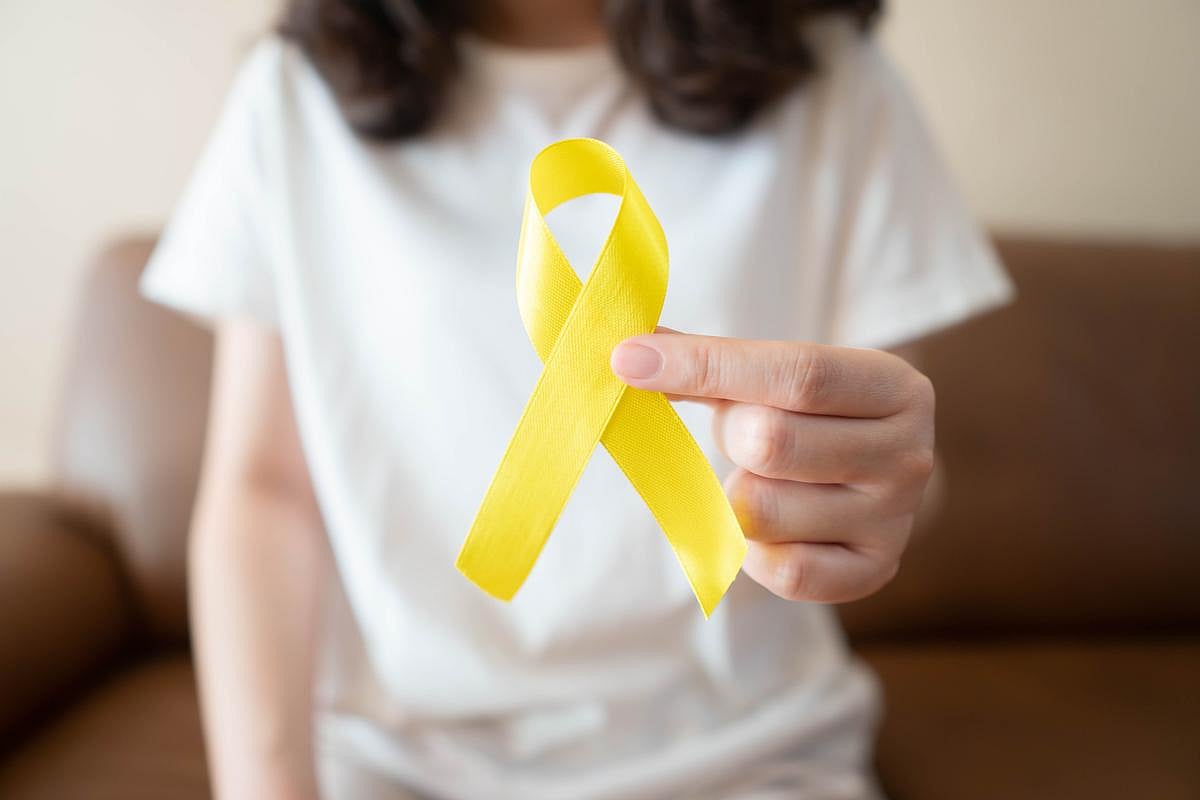Manténgase sano!

- Dennis Thompson
- Posted January 9, 2025
The Public Policies That Really Help Prevent Suicide
Some of the most effective public policies for suicide prevention aren’t crafted with suicide or mental health in mind, a new study says.
Efforts to increase the minimum wage, prohibit gender discrimination, or reduce alcohol consumption “have spillover benefits in that they also prevent suicides,” lead researcher Jonathan Purtle, an associate professor of public health policy and management at the NYU School of Global Public Health, said in a news release from the school.
In fact, those policies might be more effective at preventing suicides than efforts to increase access to health care or limit firearms, researchers argue in a study published Jan. 7 in the Annual Review of Public Health.
“This research highlights the importance of considering social determinants in suicide prevention,” researcher Michael Lindsey, dean of the NYU Silver School of Social Work, said in a news release.
“An individual’s mental well-being is influenced not only by clinical factors, but also by their environment, circumstances, and experiences,” Lindsey added.
Suicide rates have been on the rise over the past two decades, increasing by 37% since 2000, researchers said in background notes. For younger people 10 to 24, suicide increased 62% between 2010 and 2020.
To see which public policies might best help prevent suicides, researchers first analyzed state bills passed during the last two decades that explicitly mentioned suicide.
They found a dramatic increase in both suicide-related bills and social posts on the subject from state legislators, particularly since 2017.
“Our analysis suggests that policymakers recognize that suicide is an issue of public health significance and are trying to address it, and there is bipartisan concern,” Purtle said.
From there, the research team broadened their analysis to review more than 100 studies of public policies to see what might work best in suicide prevention.
They found three categories of policies that potentially can reduce suicide rates:
Policies that limit access to means of suicide, such as waiting periods for firearm purchase or installing barriers on high bridges.
Policies that increase access to mental health services, like expanding Medicaid or requiring insurers to cover therapy.
Policies that address underlying risk factors for suicide like poor wages, unemployment, bad nutrition, discrimination, or smoking and drinking.
The researchers found that the strongest evidence related to suicide prevention involved improving economic security, limiting access to alcohol, and restricting access to lethal means of suicide.
“Our research suggests that a great starting place for saving lives is to fund and enact public policies that target these three areas,” Lindsey said.
While lowering risk factors for suicide proved effective, laws that restrict access to guns make it more difficult for suicidal people to act quickly on a bad idea, researchers said.
“Suicide is often an impulsive act,” Purtle said. “Anything you can do to delay that impulsivity on average will be beneficial and will prevent suicide from a public health perspective.”
Results showed that laws requiring a waiting period for gun purchases were moderately effective at preventing suicides, and that laws requiring safe gun storage reduced deaths among young people.
The researchers concluded that more research is needed, including the effectiveness of the new 988 suicide and crisis hotline.
More attention also is needed on the impact of social media and technology on suicide among young people, and whether school cell phone bans or social media age restrictions make a difference, researchers concluded.
If you or someone you know is suicidal, call the National Suicide Prevention Lifeline at 988.
More information
The National Institute of Mental Health has more on suicide prevention.
SOURCE: New York University, news release, Jan. 7, 2024
